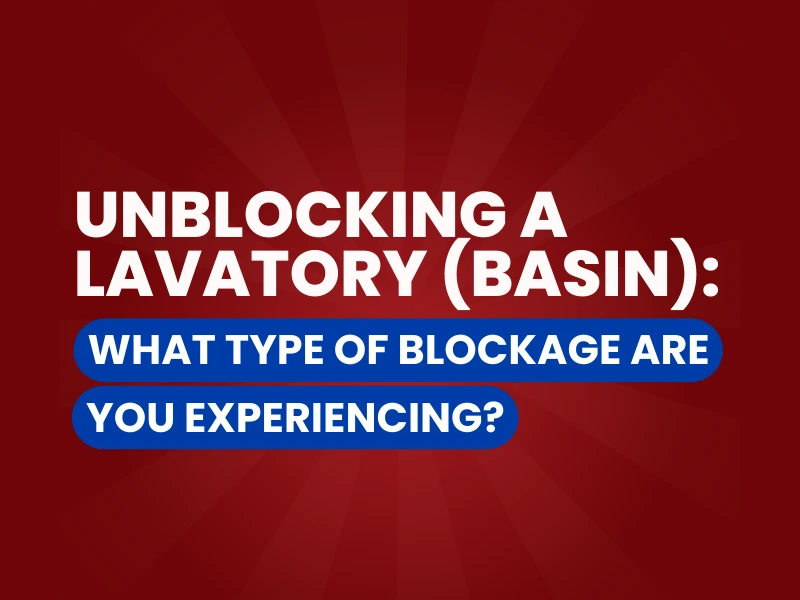
A clogged basin is never convenient. One minute, it drains fine; the next, you're left with standing water that won't budge. While it may seem like a simple surface issue, not all basin blockages are the same - and treating them as such can lead to bigger problems.
That is why it helps to know what kind of blockage you’re dealing with. Figuring that out early can save you time, stress, and a lot of trial and error. Instead of wasting effort on the wrong fix, you’ll be better prepared to handle the problem or call for help before it turns into a bigger mess.
Why Identifying the Blockage Type Matters
Not all clogs are created equal. Treating every blockage the same way can lead to pipe damage, ineffective results, or recurring problems.
As Curtis McGrath, a veteran plumber, explains, knowing where the blockage is located is often even more important than knowing what kind it is.
This is true in lavatories, where mechanical pop-ups and hard-to-reach areas complicate the diagnosis. Identifying the blockage early not only saves time and money but also protects your pipes from unnecessary wear and tear caused by guesswork or the use of inappropriate tools.
Complete Blockage
A complete blockage in your basin is the most obvious and disruptive. Water refuses to drain, leaving stagnant water sitting in the basin.
This is often caused by a buildup of hair, soap scum, toothpaste, or even small objects that have accidentally dropped down the drain. These clogs completely seal the pipe, preventing any flow. If left unattended, complete blockages can lead to overflow, leaks, and water damage - especially if you continue to use the lavatory.
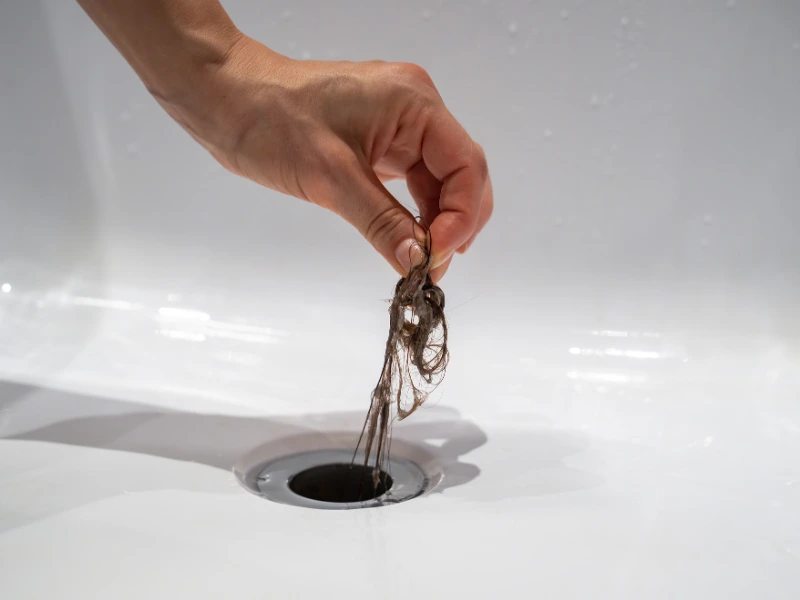
Slow Draining Water
A slow drain means your basin is draining, but the water takes longer than usual to empty. These delays are typically caused by soap scum, toothpaste, hair, and grease that narrows the drain.
While a slow-draining basin may not need immediate repair, ignoring it can lead to a complete blockage - and a much bigger plumbing problem.
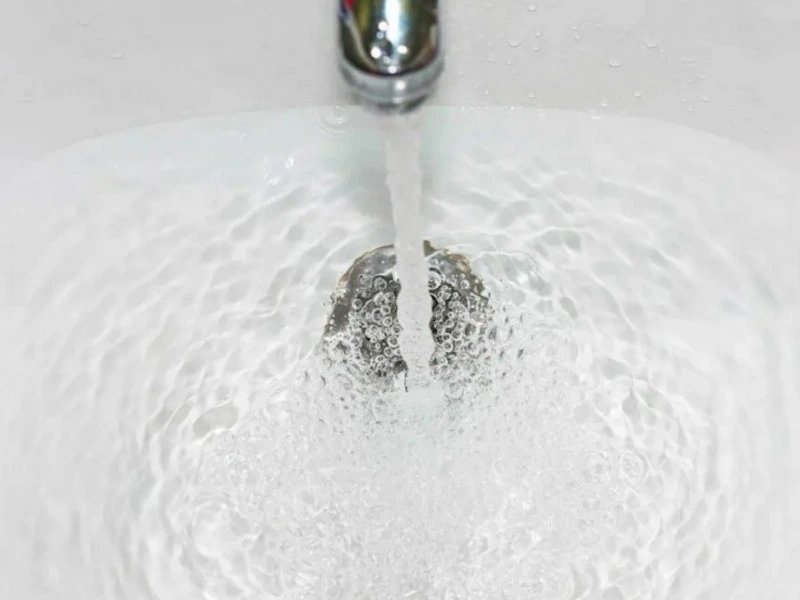
Intermittent Blockage
Among the three, intermittent blockages happen unpredictably. One day, your basin drains perfectly, but the next, it's slow or temporarily blocked. There is no consistent pattern, which makes it difficult to pinpoint the root cause.
These blockages are often caused by debris that moves just enough to let water through, only to clog up again. They may also indicate a mechanical issue with the basin itself, not necessarily a clog. And because intermittent clogs come and go, many homeowners dismiss them - until they become permanent.
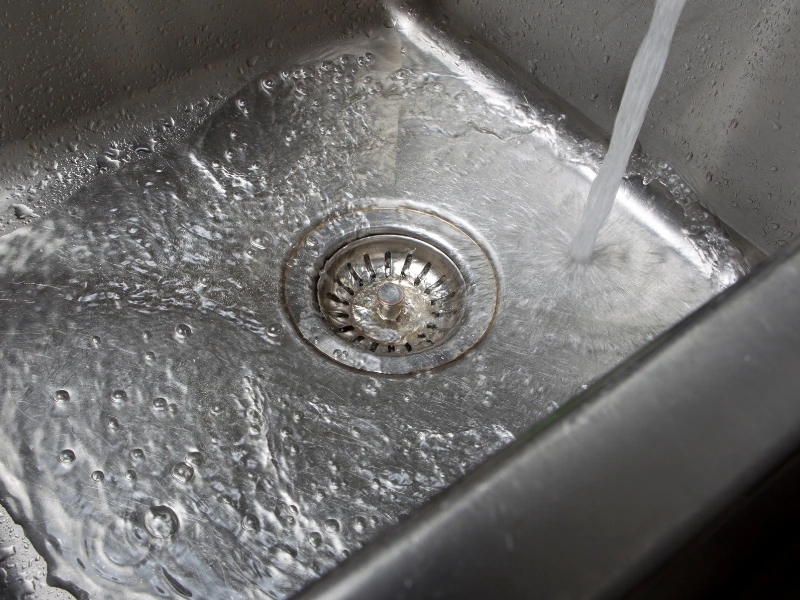
Types of Basin Clogs: A Side-by-Side Comparison
To give you a clearer picture of what might be happening with your lavatory, we've outlined their key symptoms, causes, and risks. This quick comparison can help you identify what you're dealing with - and whether it's time to call a licensed plumber.
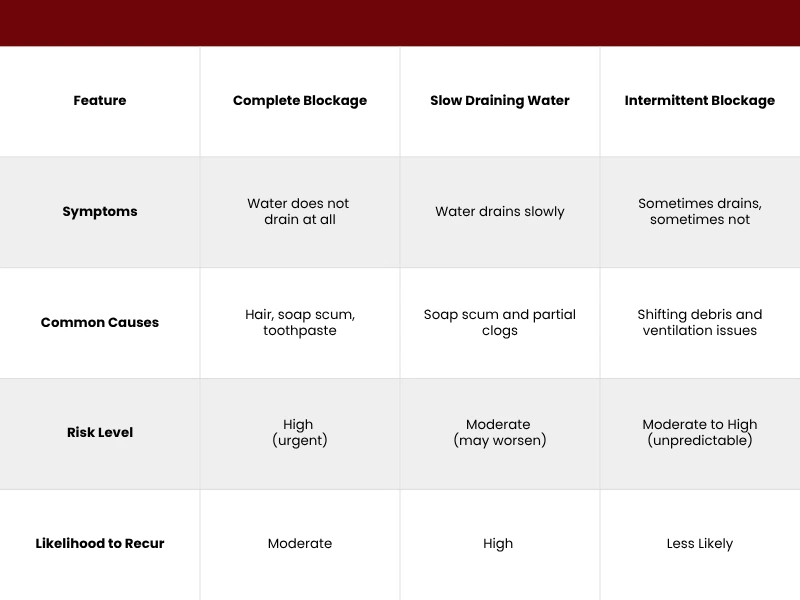
DIY Risks You Might Miss
While it's tempting to reach for a tool right away, not all DIY methods are the same. Let's break down the most common approaches homeowners try and the risks each one carries.
Plunger
A plunger is often the first tool people think of when tackling a clog. While plungers are generally associated with toilets, they can also be used in lavatories, especially when dealing with surface-level clogs.
However, plunging into a basin isn't always effective, particularly if the blockage lies deeper in the drainage system. Poor plunging technique may just splash dirty water - or worse, push the clog further down.
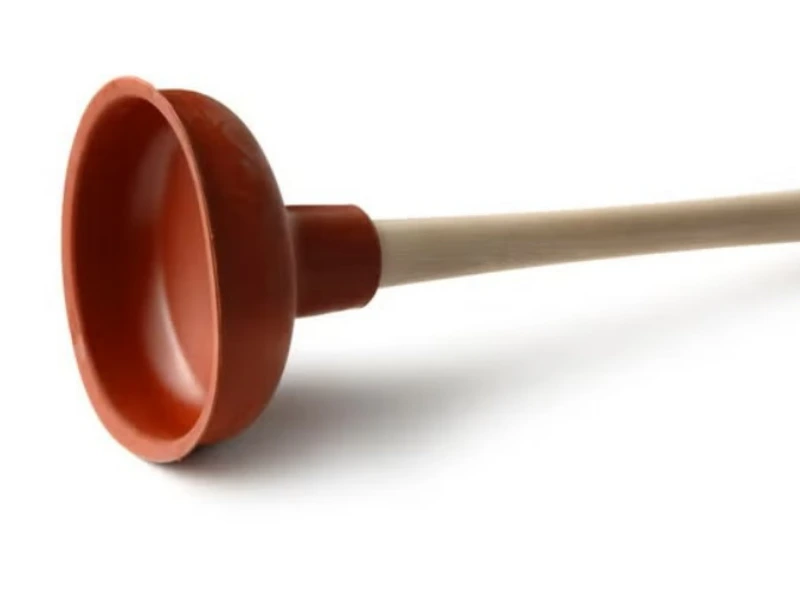
Cable Machine
A cable machine is ideal for tougher clogs like hair and hardened residue. It can reach deeper into the drain than a plunger and physically remove or break up the blockage.
Unfortunately, improper use can damage porcelain or plastic pipes. For homeowners unfamiliar with how much pressure to apply or how to maneuver the tool correctly, the risk of creating a new problem is real.
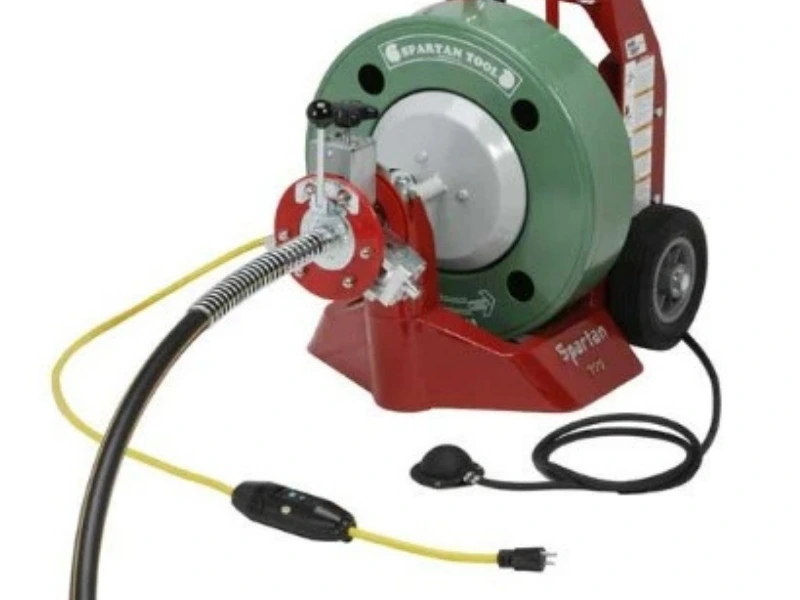
Chemical Cleaners
Chemical cleaners may promise fast results, but they often cause more harm than good. While they might offer short-term relief, the long-term effects can be damaging.
These products can corrode pipes, discolour the finish of the porcelain, and release harmful fumes that can irritate your eyes and skin.
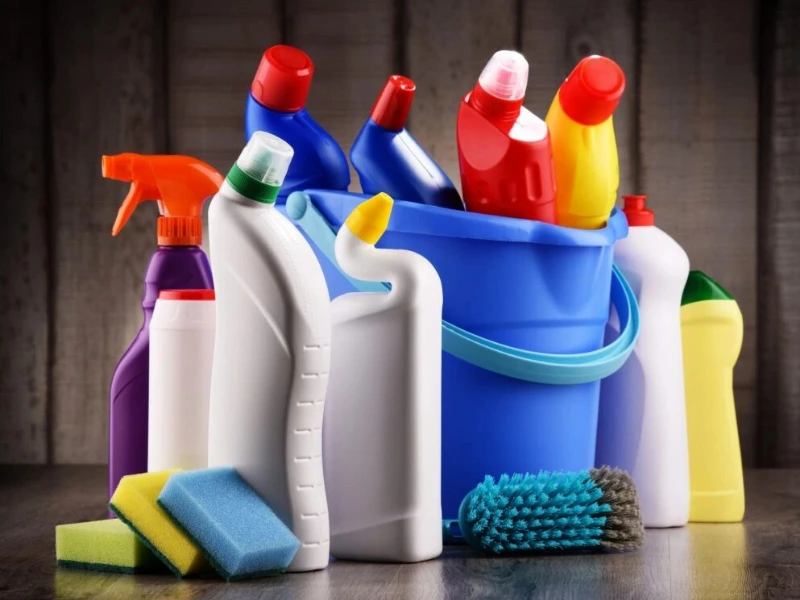
Don’t Let the Guesswork Drain Your Time
If you've spent more time plunging and pouring than actually fixing the problem, it's time for the safest and most effective approach.
At Mr. Rooter Plumbing of Ottawa, we combine expert diagnosis with top-tier equipment to clear even the most stubborn clogs without damaging your plumbing system. Our licensed plumbers are here to keep your plumbing flowing - and your stress level down.
Call Mr. Rooter Plumbing of Ottawa Today
Contact us today at https://www.mrrooter.ca/ottawa/ to schedule a service. Don’t let a minor blockage turn into a major disaster.

